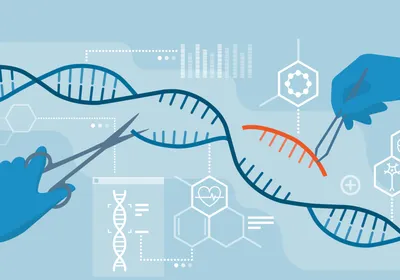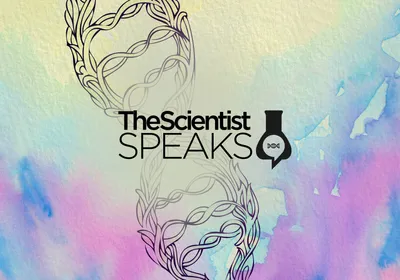ABOVE: © ISTOCK.COM, MARK_KUIKEN
People with a rare form of inherited blindness are being enrolled for the world’s first in vivo human study of a CRISPR-based therapy, the Associated Press reported yesterday (July 25). The experimental treatment, developed by Massachusetts-based genome-editing company Editas Medicine and Ireland-based pharmaceutical firm Allergan, removes a deleterious mutation from cells in patients’ retinas, and will be tested in 18 adults and children later this year.
“Today marks an important day for the inherited retinal disease community,” Ben Yerxa, CEO of nonprofit Foundation Fighting Blindness, says in a press statement. “We are very excited to have another potentially life changing medicine enter the clinic and join Allergan and Editas in celebrating this milestone.”
The therapy is designed to treat people with a particular form of a disease known as Leber congenital amaurosis that is caused by a point mutation in a gene called CEP290. This particular ...





















